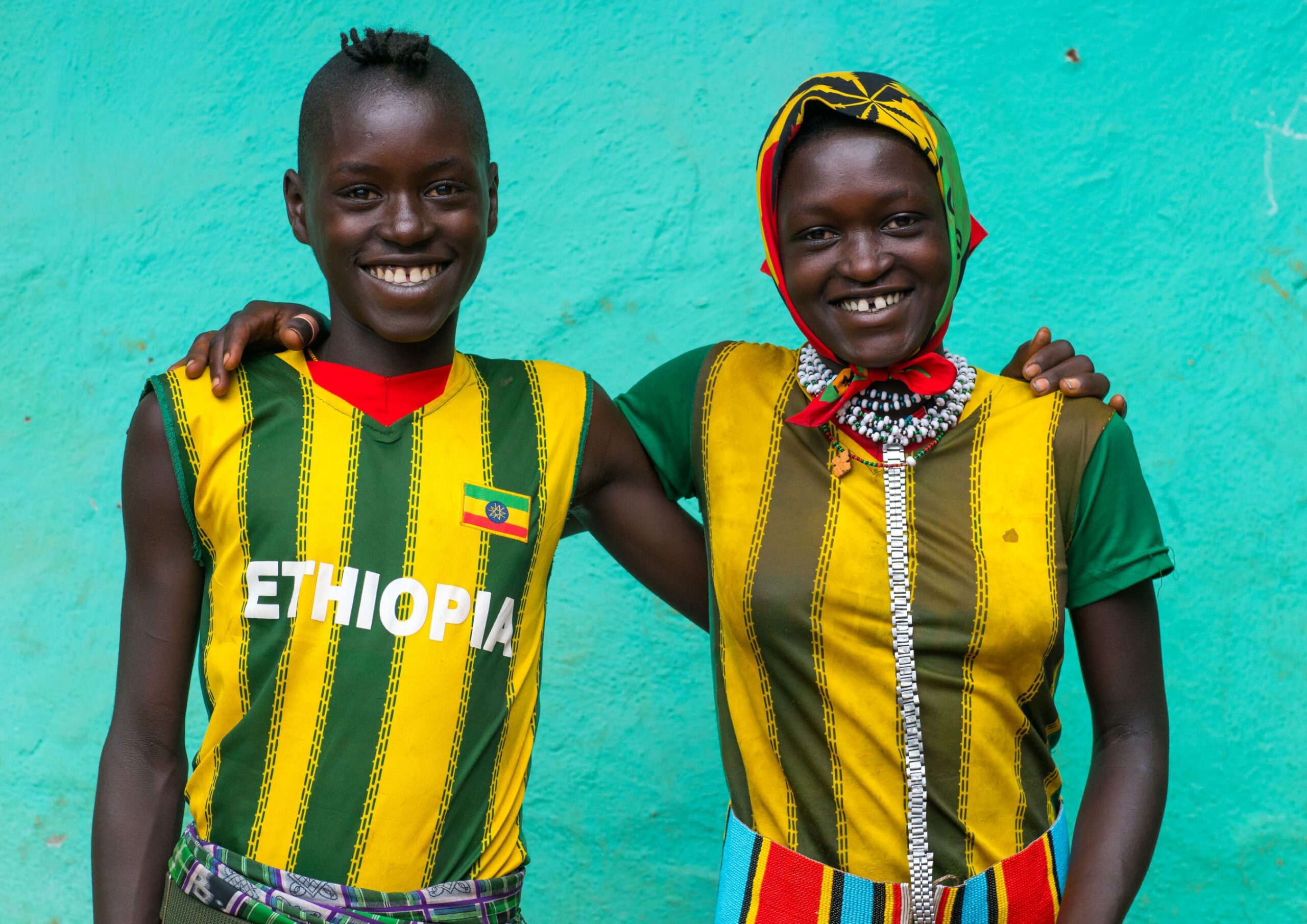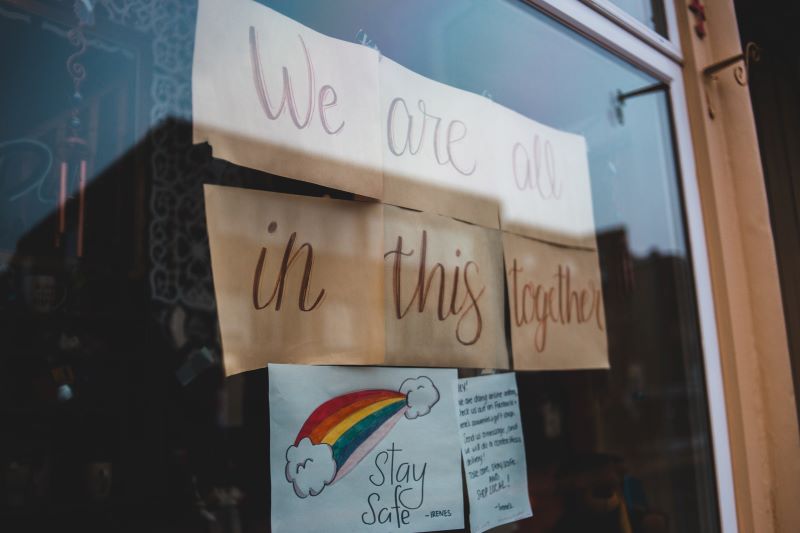This International Peace Day, we take a look at how to approach conflict sensitivity as a mindset and a habit rather than an exercise.
In homage to this year’s International Peace Day theme of shaping peace during the pandemic, we evaluated how COVID-19 magnifies the importance of employing conflict sensitivity practices in all aspects of a program cycle, including how we select and support our teams, design our programs, or collect data effectively in complex environments.
Conflicts have the potential to proliferate infectious diseases while outbreaks in turn can inflame underlying antagonisms. Violence can overwhelm already fragile healthcare systems and disrupt the delivery of care. Communication channels may be flooded with disinformation both about the nature of conflict and about the spread of a disease, as well as treatments and vaccines.
Logistical delays in elections can amplify distrust in government structures and provide additional opportunities to exploit the situation. And in-person peace processes can be interrupted entirely. As the world struggles with COVID-19, countries and communities affected by fragility, conflict, and violence now need to balance the effects of the pandemic with preexisting social tensions and conflict triggers.
COVID-19 magnifies the urgency of using conflict sensitivity across the program cycle. This includes having a deeply nuanced and frequently reassessed understanding of the context, the main actors at play, the ever-shifting dynamics that can drive communities toward either conflict or peace, and the intervention’s potential impact—positive and negative—on these complex systems.
Staff Recruitment: As such, organizations need to recruit the right people for these scenarios and have plans in place to support their safety and wellbeing. To help identify such people, Dexis worked with USAID as part of Learning and Knowledge Management (LEARN) to create the Guide to Hiring Adaptive Employees. It offers specific competencies for hiring more flexible employees, recommends qualifications for position descriptions, and provides sample interview questions for screening prospective employees. COVID-19 made conflict-sensitive recruitment even more critical for new programs that started during the pandemic as diverse staff teamed up virtually and found new ways of building teamwork and mutual respect.
In the light of COVID-19, organizations need an even stronger emphasis on diverse, in-country talent with firsthand knowledge of existing healthcare systems as well as current and historical tensions and ongoing power dynamics. Placing a premium on locally derived knowledge extends beyond staff to participants and partners from across the socioeconomic spectrum. For example, Dexis selected university student participants to lead in the Promoting Religious and Ethnic Tolerance (PRETE) activity in Ethiopia following a careful analysis of the range of ethnicities on campuses to ensure equal representation and diverse viewpoints.
Implementation: With social distancing requirements, programs across all sectors—be it positive youth development, governance, human rights, or other—require a renewed commitment to conflict sensitivity principles, in-depth, up-to-date analysis of on-the-ground dynamics, and improved trust-building in and across virtual spaces. This can include:
- Updating any existing analyses to incorporate changing pandemic- and security-related information and adjusting workplans accordingly;
- Engaging in short- and long-term scenario planning to inform operational decision-making;
- Including perspectives of marginalized populations, such as minority ethnic and religious groups, migrants, economically disadvantaged people, women, persons with disabilities, and internally displaced persons, to ensure analyses and resulting plans respond to differing security needs and health vulnerabilities;
- Being ready to adapt to unforeseen health or security-related situations, from wi-fi blackouts to violence damaging key structures, to road blockages and other quarantine restrictions, etc.;
- As appropriate, leveraging existing communications channels and initiatives to circulate fact-based information about the pandemic and changing conflict issues;
- Ramping up psychosocial support services for participants and personnel;
- Considering how diverting resources to emerging, short-term challenges and away from longer-term objectives might affect tensions within a given community; and
- Similarly, taking into account the longer-term implications of any rapid adaptations on both health outcomes and local conflict dynamics.
Information Access and Data Protection: COVID-19 driving program activities to online environments heightens the importance of issues around technology access and data security. This means taking a hard look at who has access to technology and how people from marginalized groups receive health information. Development players should address access issues and revisit existing data protection policies and practices in light of the rush to move trainings, surveys, and other activities online.
For example, when conducting a focus group, consider each person, their restrictions, their preferences, and their unique security situations (e.g., low bandwidth, unable to use Zoom, only wanting to use voice and no video, etc.) and then determine the best platform for each audience. Ensure personal info is shielded during interviews, using coded data instead of personal identifiers and maintaining data confidentiality during and after data collection and analysis are complete.
Conflict sensitivity is not only appropriate for areas in active or recent conflict. It can and should be applied to any “charged” environment where existing tensions could descend into violence, like a pandemic. As one global community on International Peace Day, we need to be keenly aware of COVID-19 as a force multiplier with the dangerous potential to aggravate hostilities and amplify health and other disparities.
By continuing to integrate conflict sensitivity into all aspects of program design, implementation, and measurement, it becomes a mindset and a habit versus an exercise—a mindset that can help alleviate some of COVID-19’s nascent and lasting effects on peace and stability.
Photo by Eric Lafforgue / Hans Lucas / Hans Lucas via AFP





